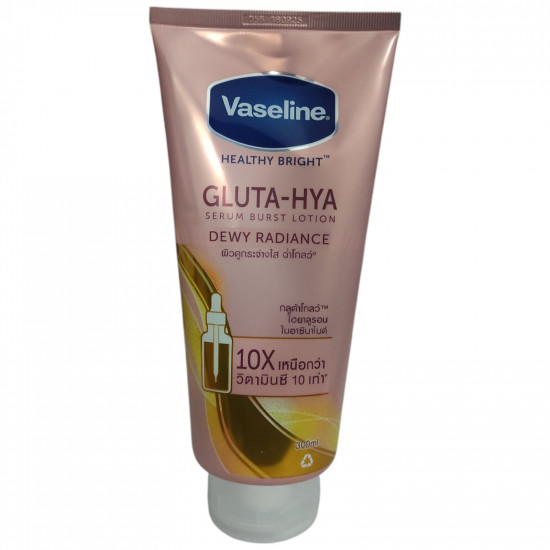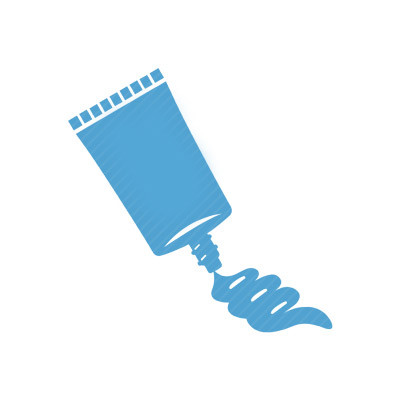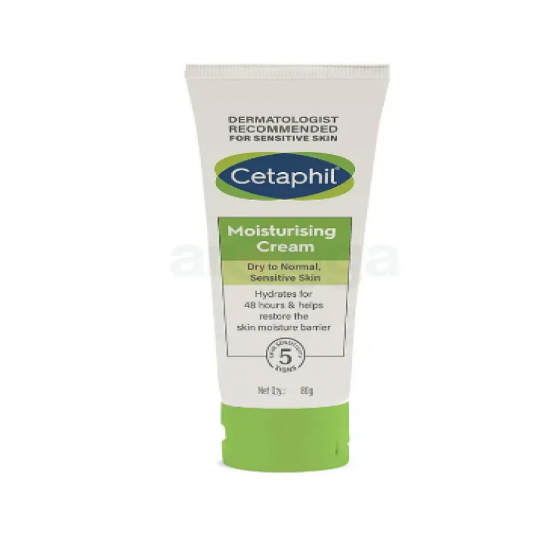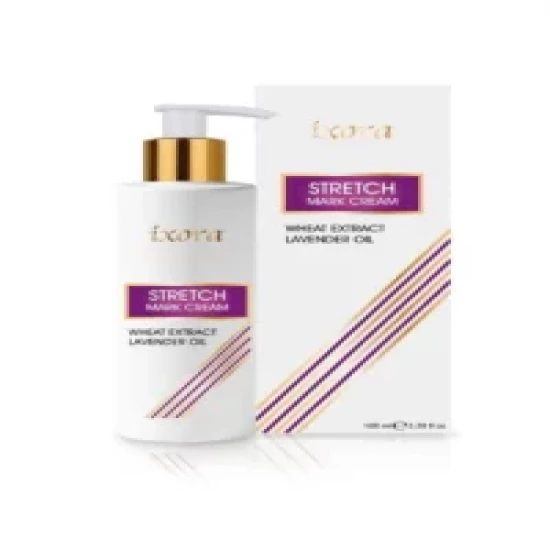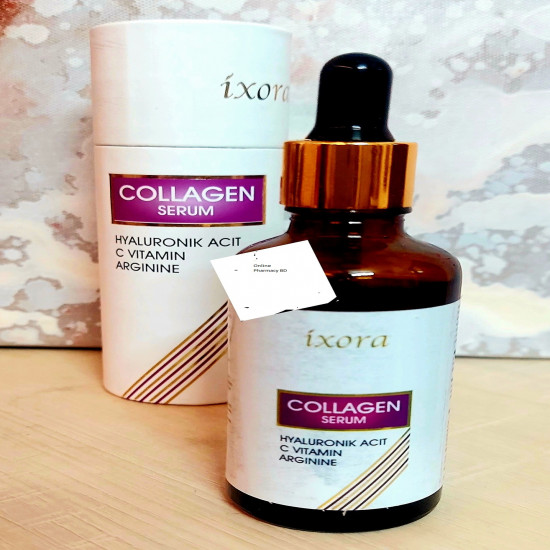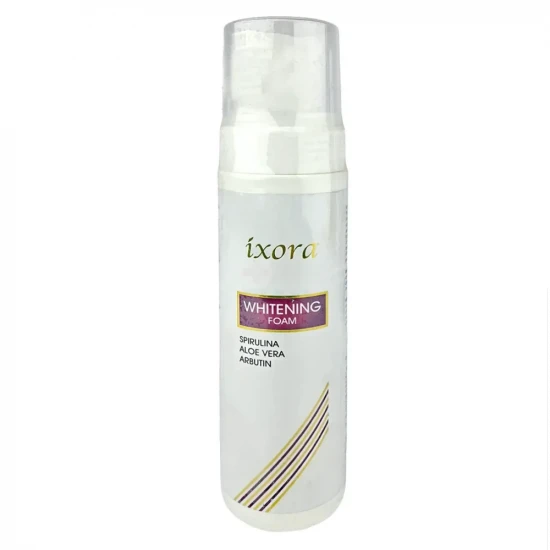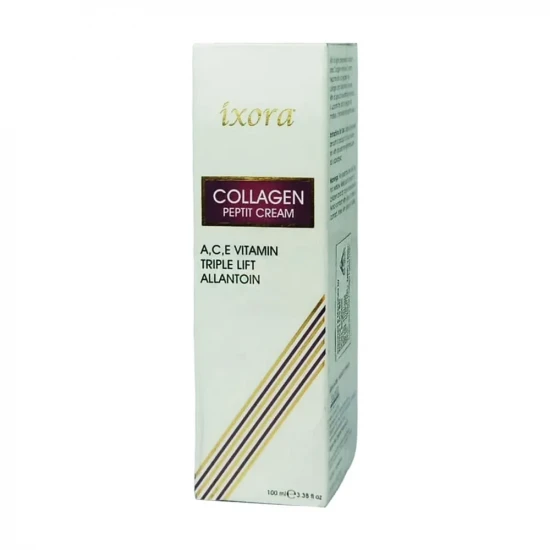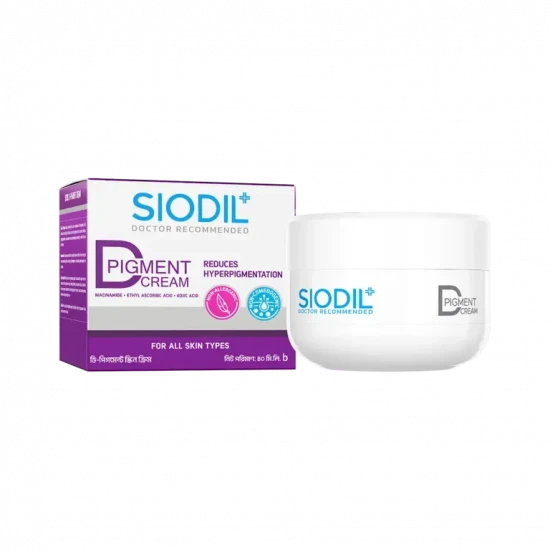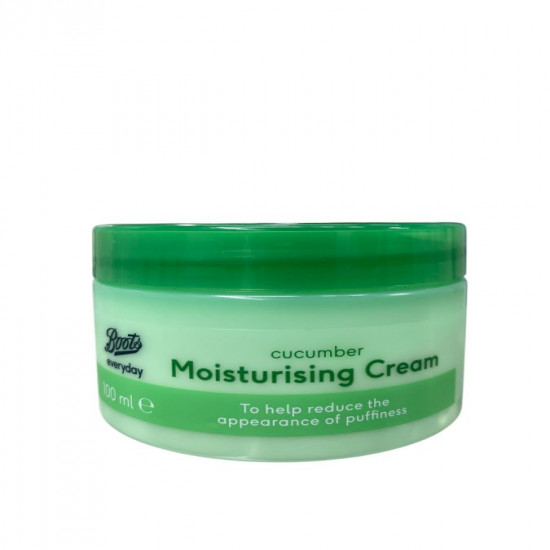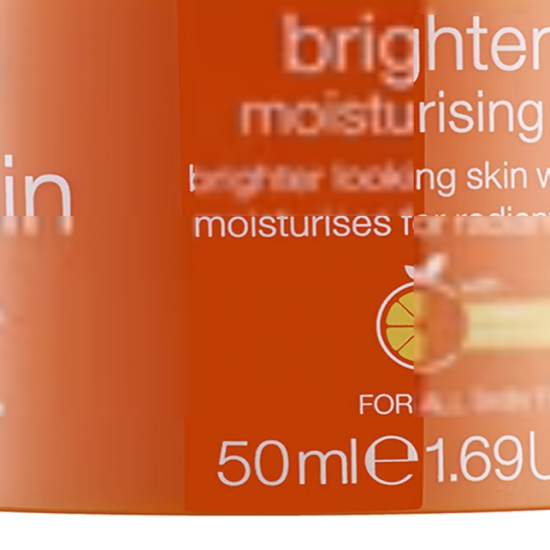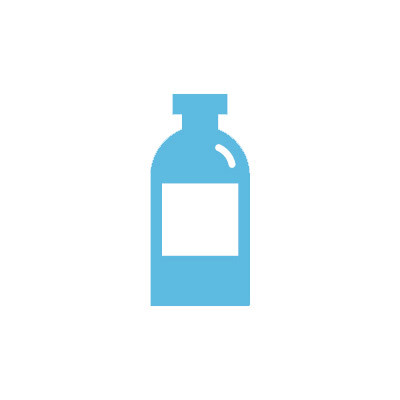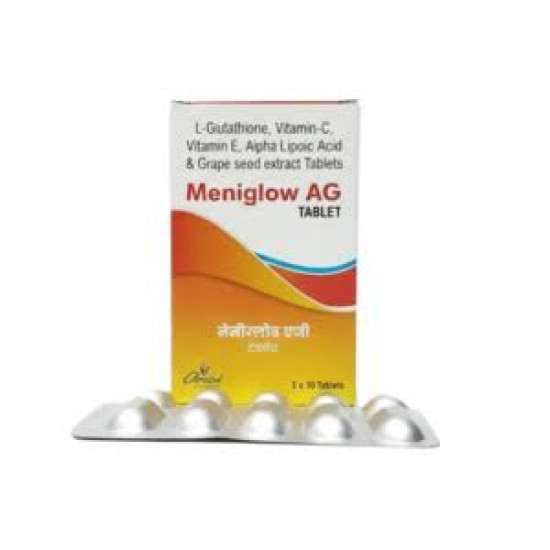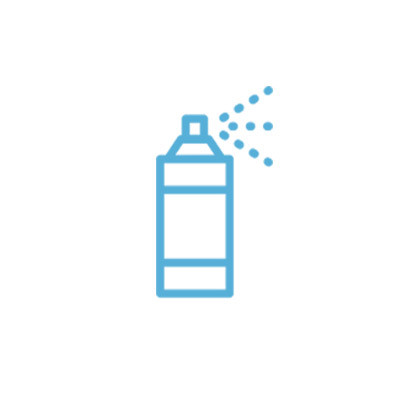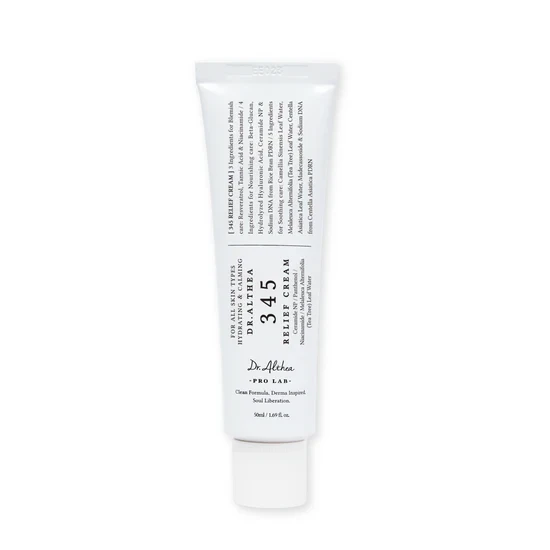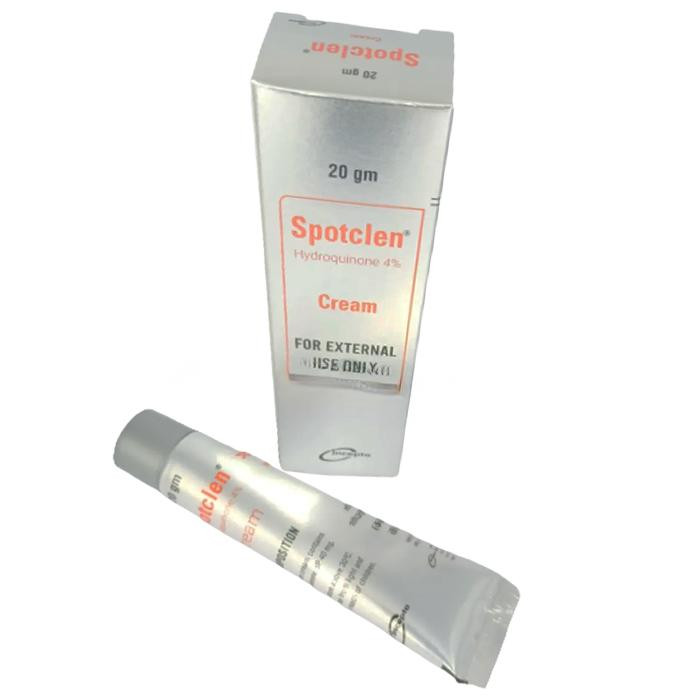
✔ 100% Authentic Product
👁️ Currently Viewing 22748
Spotclen 4% Cream/Hydroquinone is used in the treatment of melasma.
Discount
Price: ৳ 190
MRP:
৳
200
5%
Off

100% Genuine Products, Guaranteed

Safe & Secure Payments, Always

Fast, Secure & Efficient Delivery

Proper Packaging
 Cash on Delivery - All over Bangladesh
Cash on Delivery - All over Bangladesh Regular Delivery - 12-24 Hours, Dhaka City* Charge Tk.39-59
Regular Delivery - 12-24 Hours, Dhaka City* Charge Tk.39-59 Regular Delivery - 24-48 Hours, Other Cities* Charge Tk.99-110
Regular Delivery - 24-48 Hours, Other Cities* Charge Tk.99-110
🌙 রমযান অফার 🌙
 ফ্রি ডেলিভারিঃ - ৭৯৯ টাকা+ অর্ডারে, ঢাকা
শহরে
ফ্রি ডেলিভারিঃ - ৭৯৯ টাকা+ অর্ডারে, ঢাকা
শহরে ফ্রি ডেলিভারিঃ - ২৭৯৯ টাকা+ অর্ডারে, ঢাকার
বাহিরে
ফ্রি ডেলিভারিঃ - ২৭৯৯ টাকা+ অর্ডারে, ঢাকার
বাহিরে
📲 মোবাইল অ্যাপ অর্ডারে সাশ্রয় বেশী
-
Google Play Store থেকে ডাউনলোড
-
Apple Store থেকে ডাউনলোড
100% Genuine Products, Guaranteed
Safe & Secure Payments, Always
Fast, Secure & Efficient Delivery
Proper Packaging
 Cash on Delivery - All over Bangladesh
Cash on Delivery - All over Bangladesh Regular Delivery - 12-24 Hours, Dhaka City* Charge Tk.39-59
Regular Delivery - 12-24 Hours, Dhaka City* Charge Tk.39-59 Regular Delivery - 24-48 Hours, Other Cities* Charge Tk.99-110
Regular Delivery - 24-48 Hours, Other Cities* Charge Tk.99-110 ফ্রি ডেলিভারিঃ - ৭৯৯ টাকা+ অর্ডারে, ঢাকা
শহরে
ফ্রি ডেলিভারিঃ - ৭৯৯ টাকা+ অর্ডারে, ঢাকা
শহরে ফ্রি ডেলিভারিঃ - ২৭৯৯ টাকা+ অর্ডারে, ঢাকার
বাহিরে
ফ্রি ডেলিভারিঃ - ২৭৯৯ টাকা+ অর্ডারে, ঢাকার
বাহিরে- Google Play Store থেকে ডাউনলোড
- Apple Store থেকে ডাউনলোড
🌙 রমযান অফার 🌙
📲 মোবাইল অ্যাপ অর্ডারে সাশ্রয় বেশী
✅ Description:
Hydroquinone belongs to the category of "skin cosmetics" and is primarily used to achieve a brighter and more radiant complexion. It serves multiple purposes, including:
- Clearing the complexion
- Treating acne scars
- Addressing hyperpigmentation
- Managing melasma
- Combating photoaging (premature skin aging due to UV radiation exposure)
Hyperpigmentation is a skin condition characterized by patches of skin that become darker than the surrounding normal skin. Melasma is another common skin issue that results in dark, discolored patches on the skin. Dark spots develop when certain areas of the skin produce an excess amount of melanin, a natural pigment responsible for skin, hair, and eye coloration, which can range from light to dark brown.
Hydroquinone contains hydroquinone, which is a skin-lightening or bleaching agent. It works by reducing the production of melanin, the skin pigment responsible for darkening.
Here are some key points about Hydroquinone:
- It is intended for external use only.
- Avoid contact with sensitive areas such as eyes, eyelids, lips, mouth, and nose. Rinse with water if accidental contact occurs.
- Do not apply it to sunburned, windburned, dry, or irritated skin.
- Common side effects may include dry skin, skin redness (erythema), a burning sensation, mild itching, and skin irritation. Most of these side effects resolve on their own and do not typically require medical attention.
- If side effects persist or worsen, consult a physician.
- Avoid using Hydroquinone if you are allergic to it.
- It can increase skin sensitivity to sunlight, so always use sunscreen and protective clothing when going outdoors.
- Be cautious when applying it to sensitive areas like the neck.
- Limit the use of products that contain large amounts of alcohol, hair removal products, and products containing lime or spices while using Hydroquinone.
- Inform your doctor if you are pregnant, planning to conceive, or breastfeeding.
- It is not recommended for children under 12 years of age.
Safety Advices

Alcohol
CAUTION
The interaction of Spotclen 4% Cream with alcohol is unknown.

Pregnancy
CONSULT YOUR DOCTOR
Spotclen 4% Cream is not recommended for use in pregnant women due to a lack of safety data. Consult your doctor before applying Spotclen 4% Cream

Breastfeeding
CONSULT YOUR DOCTOR
Spotclen 4% Cream is not recommended for use in breastfeeding women due to a lack of safety data. Consult your doctor before applying Spotclen 4% Cream.

Driving
SAFE
Spotclen 4% Cream usually does not affect your ability to drive or operate machinery.

Kidney
CONSULT YOUR DOCTOR
Spotclen 4% Cream is safe in kidney patients. If you have any concerns regarding the use of HYDROQUINONE in patients with kidney problems, please consult a physician.

Liver
CONSULT YOUR DOCTOR
Spotclen 4% Cream is safe in liver patients. If you have any concerns regarding the use of Spotclen 4% Cream in patients with liver problems, please consult a physician.
✔️ Uses of Spotclen 4% Cream
- Melasma
- Hyperpigmentation
- Dark spots
- Photoaging (premature aging of the skin caused by repeated exposure to UV radiation)
✔️ How does Spotclen 4% Cream work?
Hydroquinone suppresses melanocyte metabolic processes, increases melanin excretion from melanocytes, and prevents melanin production.
✔️ Side Effects of Spotclen 4% Cream
Mild skin irritation, sensitization, dryness, fissuring, ochronosis, and colloid milium (after chronic use of up to 8 years).
✔️ Quick Suggestions:
- Use Spotclen along with sun-avoidance measures such as sunscreen and protective clothing.
- Apply a thin layer to the affected area/lesion.
- Avoid contact with eyes or mouth; rinse with water if it happens.
- Use as prescribed by your doctor with regular follow-up.
- Test for allergic reactions by applying a small amount to a patch of skin. Continue if there's no allergic reaction.
- Do not use on broken or infected skin.
✔️ Indications:
Hydroquinone is recommended for the progressive bleaching of hyperpigmented skin disorders such as chloasma, melasma, freckles, senile lentigines, and other regions of unwanted melanin hyperpigmentation. It also reduces hyperpigmentation induced by photosensitization caused by inflammation or the use of certain cosmetics.
✔️ Pharmacology
Hydroquinone is a topical depigmenting drug that inhibits the enzymatic oxidation of tyrosine to 3,4-dihydroxyphenylalanine and suppresses melanocyte metabolic processes, leading to reversible skin depigmentation.
✔️ Dosage & Administration of Spotclen 4% Cream
Adult Dose:
- Topical/Cutaneous Hyperpigmented skin conditions: Apply and rub in a thin layer preparation to the affected area twice daily.
Child Dose:
- Safety and efficacy in children under 12 years old have not been established.
Administration:
- Apply a thin layer of Hydroquinone Cream to the affected area once daily, at least 30 minutes before bedtime.
- Gently cleanse the face and neck with a mild cleanser, rinse, and pat the skin dry.
- Apply Hydroquinone Cream to the hyperpigmented areas of melasma, including about ½ inch of normal-appearing skin surrounding each lesion.
- Rub it in lightly and evenly. Discontinue therapy once control is achieved. During the day, use SPF 30 sunscreen and wear protective clothing. Avoid sunlight exposure.
- Moisturizers and/or cosmetics may be used during the day.
- Hydroquinone Cream is for topical use only; do not use it orally, in the eyes, or intravaginally.
✔️ Interaction
If you have kidney or liver problems, eczema, and asthma, inform your physician before using Hydroquinone.
✔️ Contraindications
Hydroquinone is contraindicated for patients with a prior history of hypersensitivity or allergic reaction to hydroquinone or other ingredients in the preparation.
✔️ Pregnancy & Lactation
Pregnancy Classification C. Animal studies have indicated negative effects on the fetus (teratogenic, embryocidal, or other), and no controlled studies in women have been conducted. Drugs should be administered only if the potential benefit outweighs the risk to the fetus. It is unknown if topical hydroquinone is absorbed or eliminated in human milk during lactation, so caution is suggested when a nursing mother uses it.
✔️ Precautions & Warnings
Hydroquinone is a skin whitening agent, and if not used as directed, it can produce unwanted cosmetic effects. Doctors must be familiar with the contents of this manual before prescribing or dispensing the medication. Test skin sensitivity before use by applying a small amount to a small area of skin and checking for a reaction within 24 hours. Mild redness is not a contraindication, but if itching, blistering, or excessive inflammation occurs, further treatment is not recommended. If no whitening or lightening effect is observed after 2 months of treatment, discontinue the drug. Avoid contact with eyes and lips, and do not use on cut or bruised skin.
✔️ Storage Conditions
Store between 20-25°C and protect from light.
⚠️Disclaimer:
At ePharma, we’re committed to providing accurate and accessible health information. However, all content is intended for informational purposes only and should not replace medical advice from a qualified physician. Please consult your healthcare provider for personalized guidance. We aim to support, not substitute, the doctor-patient relationship.





